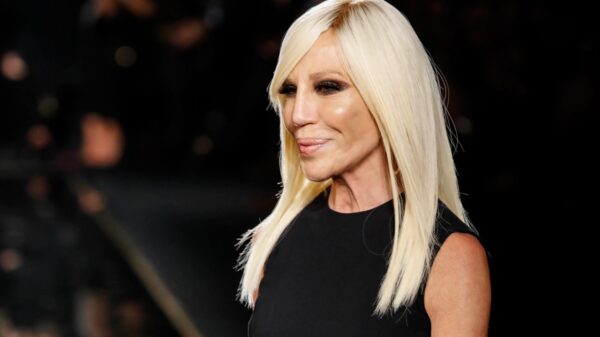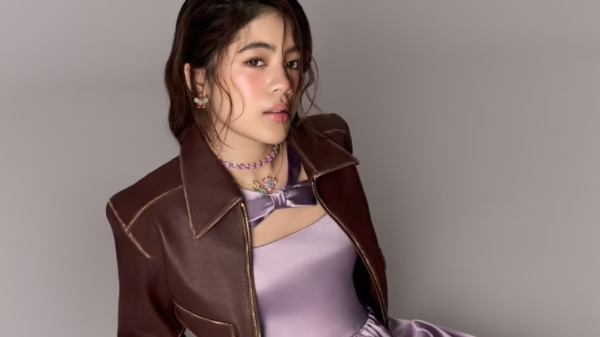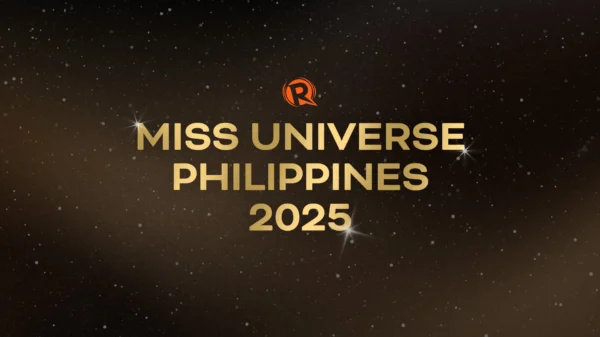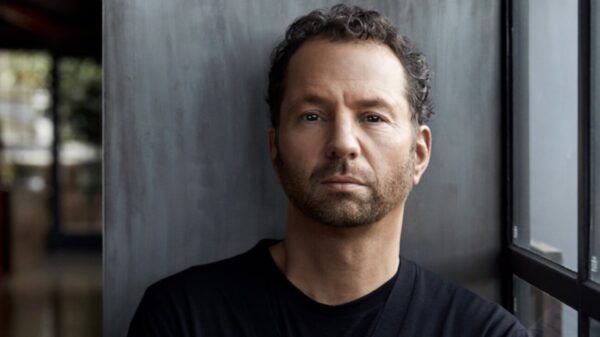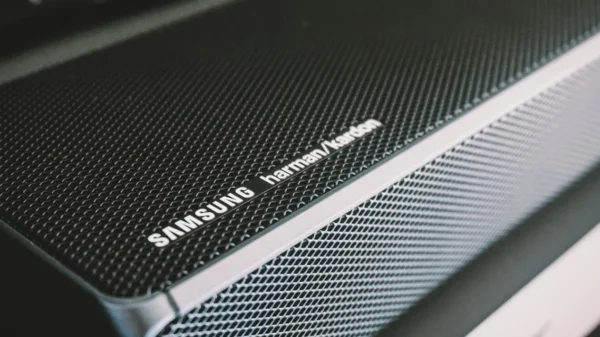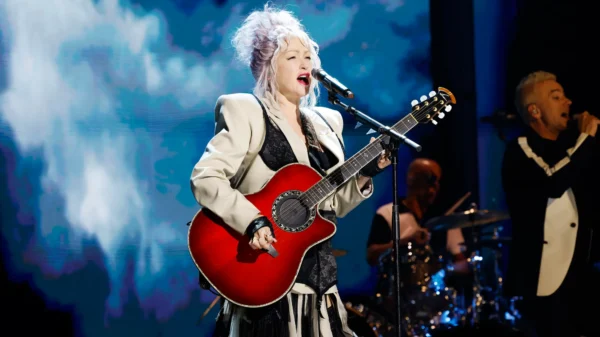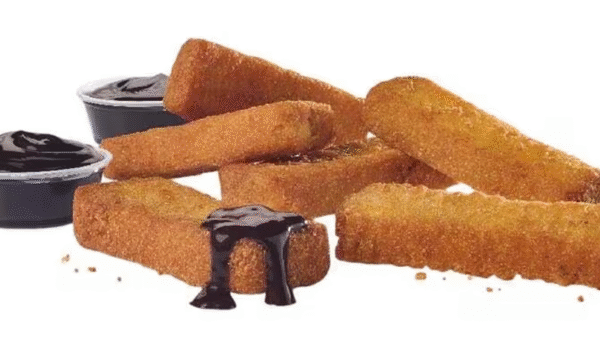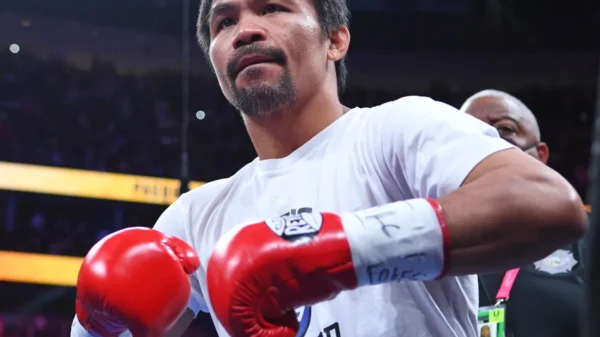Megan Thee Stallion and GloRilla Face Copyright Lawsuit
Rappers Megan Thee Stallion and GloRilla are at the center of a legal dispute after being sued by fellow artist Plies, who alleges that their song “Wanna Be” infringes on his 2008 track “Me & My Goons.” The lawsuit, filed in a U.S. district court, claims that the song’s melody, rhythm, and structure closely resemble those of Plies’ original track. This case has sparked discussion about copyright infringement in the music industry and the challenges of navigating creative ownership.
Plies’ Claims of Copyright Infringement
According to the lawsuit, Plies asserts that key elements of “Wanna Be” are strikingly similar to his 2008 hit, “Me & My Goons.” He alleges that the track borrows from the melody, beat pattern, and lyrical structure of his song without permission or proper credit. Plies is seeking damages for the alleged infringement, arguing that Megan Thee Stallion and GloRilla have profited significantly from the song’s release while violating his intellectual property rights.
Megan and GloRilla Respond to Allegations
Neither Megan Thee Stallion nor GloRilla has publicly commented on the lawsuit at length, but representatives for both artists have dismissed the claims as unfounded. Sources close to the artists suggest that the similarities in the tracks are coincidental and fall within the realm of creative overlap often seen in the music industry. Their legal teams are expected to argue that “Wanna Be” is an original composition, distinct from Plies’ track.
Copyright Challenges in the Music Industry
This lawsuit highlights the ongoing challenges of copyright disputes in the music industry, where claims of similarity between songs are not uncommon. As music often draws on shared influences and trends, determining the line between inspiration and infringement can be difficult. Cases like this one raise important questions about how intellectual property laws apply to creative works and what constitutes originality in the highly collaborative world of music production.
Potential Industry Impact of the Lawsuit
The outcome of this lawsuit could have implications for artists, producers, and record labels. A ruling in favor of Plies might encourage more artists to scrutinize potential overlaps in their music, leading to increased caution during the songwriting process. On the other hand, a decision in favor of Megan Thee Stallion and GloRilla could reinforce the argument that certain elements of music, such as beats and rhythms, are often too generic to qualify for copyright protection. This case could set a precedent for how similar disputes are handled in the future.
Broader Implications for Artistic Collaboration
This lawsuit also sheds light on the challenges of collaboration in the music industry, where multiple artists and producers often contribute to a single track. Collaborative efforts can inadvertently incorporate elements that resemble existing works, raising the risk of copyright disputes. For Megan Thee Stallion and GloRilla, this case highlights the importance of thorough vetting during the creative process to ensure originality. As the music industry increasingly relies on collaboration, cases like this could push artists and labels to adopt stricter measures to prevent future legal conflicts.
Conclusion: A Case That Highlights Industry Complexities
The copyright lawsuit involving Megan Thee Stallion, GloRilla, and Plies underscores the complexities of intellectual property in the music industry. While the court will ultimately decide whether “Wanna Be” infringes on “Me & My Goons,” the case has already sparked broader conversations about the fine line between inspiration and infringement. As the legal battle unfolds, it serves as a reminder of the importance of protecting artistic integrity while navigating the intricate world of music creation.

